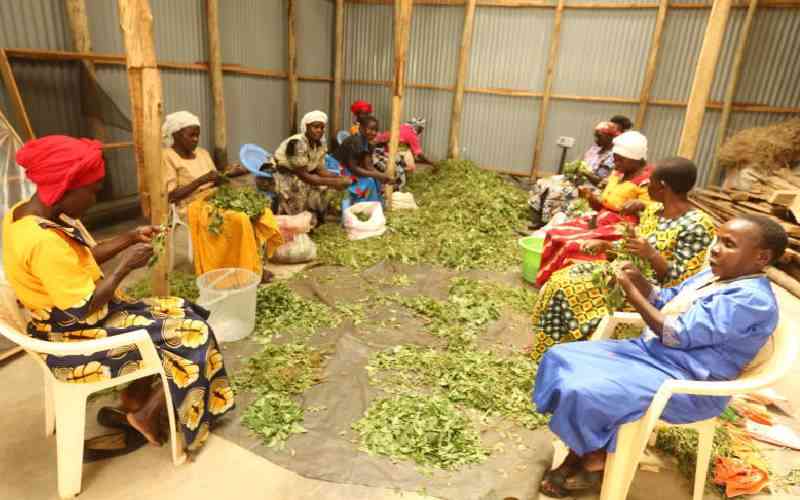×
The Standard e-Paper
Join Thousands Daily

Nothing defines a people more than their lifestyle mostly hidden in the flavour of their foods.
That identity is, however, often lost when people travel abroad and get accommodated in other cultures with alien foods that mean little or nothing to them.